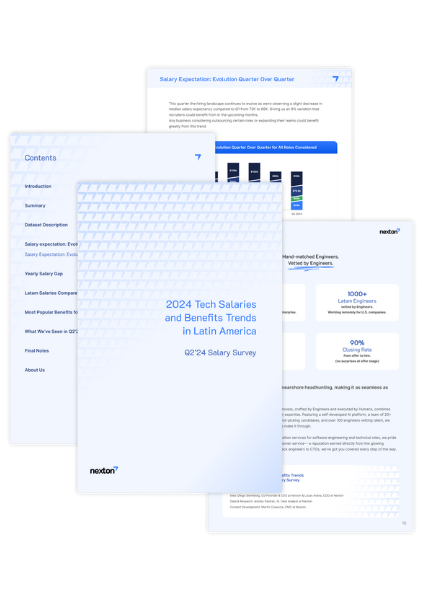All of these qualities are crucial to have a successful career as a software developer. Here are some top non-coding skills that you should start honing to become the best version of yourself.
Time Management
Regardless of where you work from, either at home or from the office, time management is crucial to get your job done on time. Software projects usually run in strict deadlines, and depending upon the project model, they could have varying change requests popping up now and then. You will have to learn to prioritize your tasks and manage your time accordingly.
Micromanagement is a thing of the past and can be quite counterproductive. So you should not be waiting on your manager to follow up on every little task. You will have to understand the priorities and have a self-understanding of your own schedule and plan your daily tasks. This includes taking the initiative to set your own deadlines, splitting up bigger tasks into time-bound smaller tasks, and seeing to it that you complete them on time.
- You will also have to keep your manager and team updated on your progress and develop your own self-motivation to get your tasks done within the set schedule.
- You will have to assess the current status of work and gather feedback and input from your teammates to make time estimations and predict any change requirements.
- You will also have to learn to balance working on your own tasks, helping your teammates, and jumping to solve any emerging change request. The best way to master the art of balancing such varied roles is to understand the project priorities and to manage your time accordingly.
Googling Skills
While it may come as a surprise, in fact, developers do look for stuff online a lot. Nobody starts out as an expert, and there will always be a learning curve with every new task you take up. Knowing how to search for the things you need to learn about or understand better can be a critical skill for a successful development career.
While Googling in itself may not be perceived to be a part of one’s skill set, understanding the better ways to search for queries can help you save time and reach better answers early on your search. And you do get better with Googling as you gain more experience.
Remote Communication
As more and more teams move towards a hybrid work environment or a fully remote work environment, it is all the more crucial to develop your communication skills. Communication skills for remote teams can be a little different from the traditional communication you are more accustomed to. With remote communication, there will be technology involved and fewer one on one interactions.
Texting and chatting do not provide you crucial aspects of communication such as body language and speech intonation. Thus, to help make effective remote communication, you will have to make extra efforts.
Be ready to have face-to-face conversations with the help of video conferencing software. Also, make sure to follow video call etiquette. Here are some rules you should be following for your remote team calls and web conferences:
- Be punctual and join the call at least 5 minutes early.
- Mute yourself when you are not speaking
- Enable your camera /video feed when it is required.
- Don't interrupt when someone is talking and wait for your turn.
- Learn and make extensive use of presentation software, and remote collaboration tools and be comfortable talking to a person through a webcam
- Make better use of emails to write long-form and asynchronous conversations. Pay more attention to detail, keep your emails well-detailed with the proper subject lines, reference to previous conversations, and proper email etiquette.
- For immediate short-form conversations, you can prefer to use chat applications. Make full use of capabilities like screen sharing, and file attachments as and when required.
Business Skills
No matter how good of a coder you might be, without business acumen, you will find it difficult to find jobs that pay you well. You need to be able to think from the perspective of the product stakeholders and effectively communicate with them to understand the requirements and showcase your abilities.
Business skills can be considered an amalgamation of communication skills, negotiation skills, marketing, networking, leadership, financial planning, and customer service.
Conclusion
The technology stacks and collaboration tools will always be evolving, and you will have to keep upgrading your skills to keep up with the latest updates. You will have to be determined to keep improving, stick with your project and find solutions to even the hardest problems you might encounter. Try to find answers no matter how long it takes and seek all the help you need to do so. So, what are your views on this? How many of these skills do you already excel in? Let us know in the comments below.


